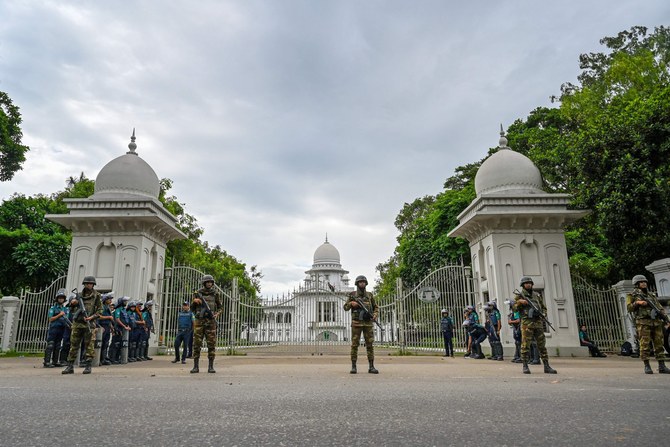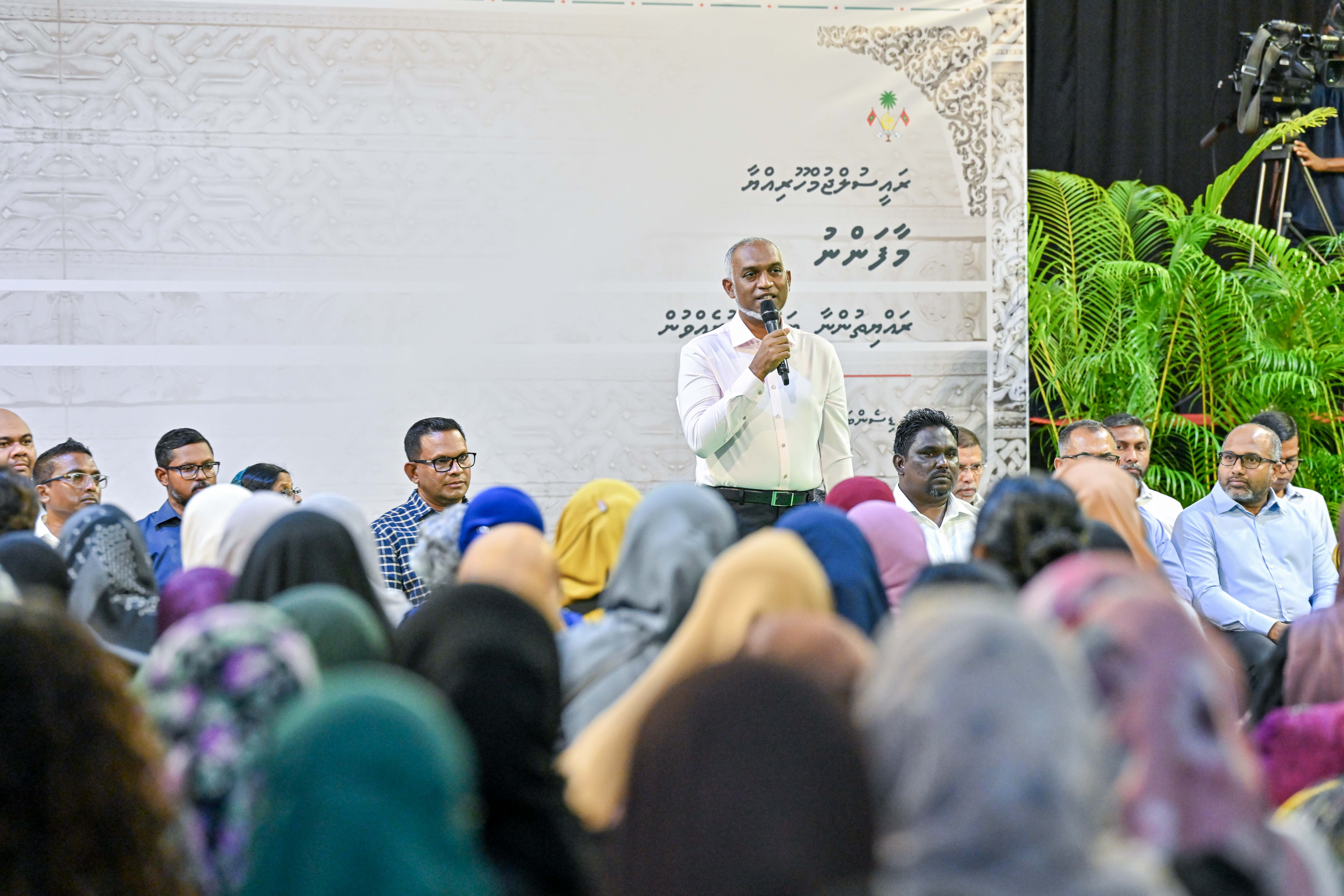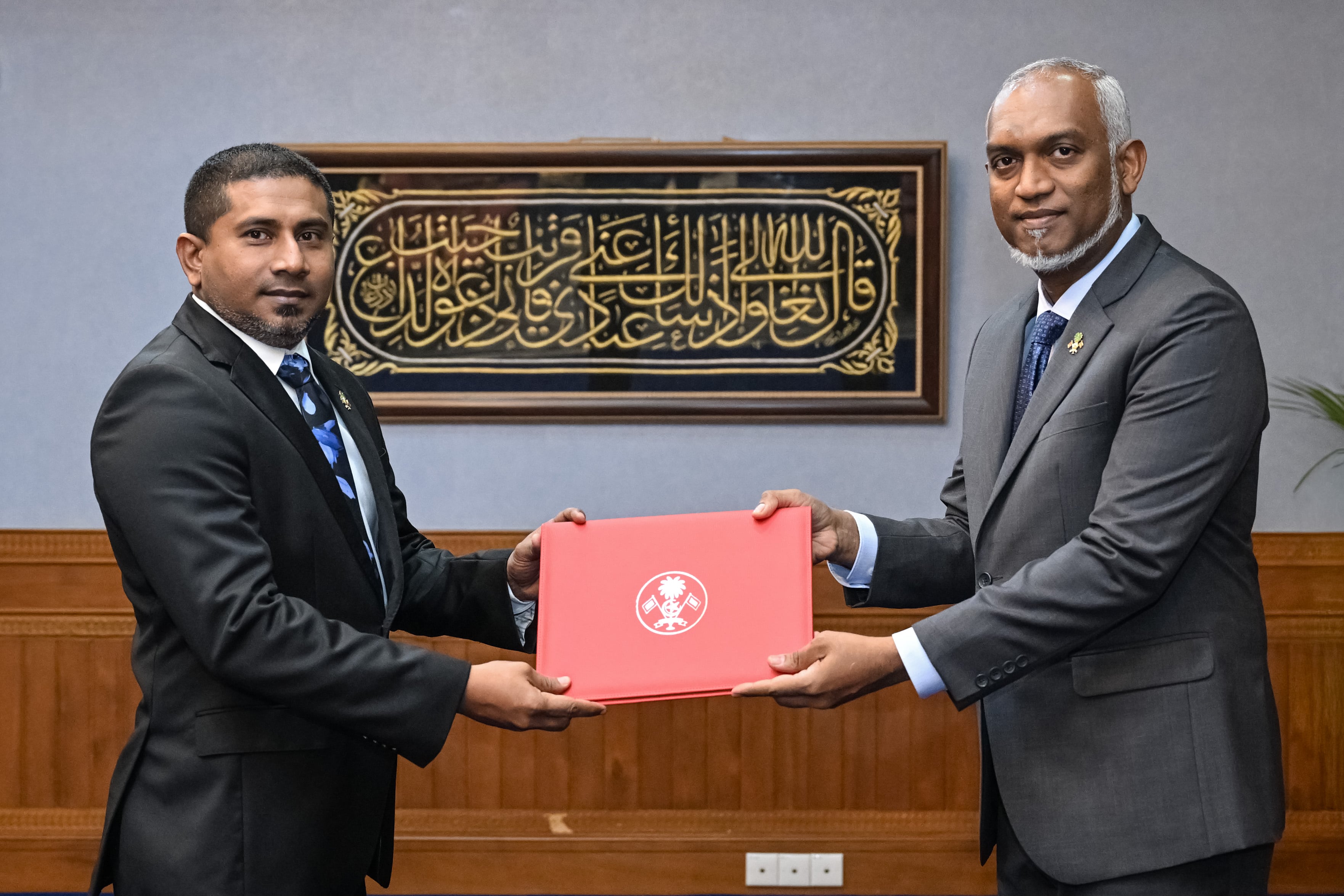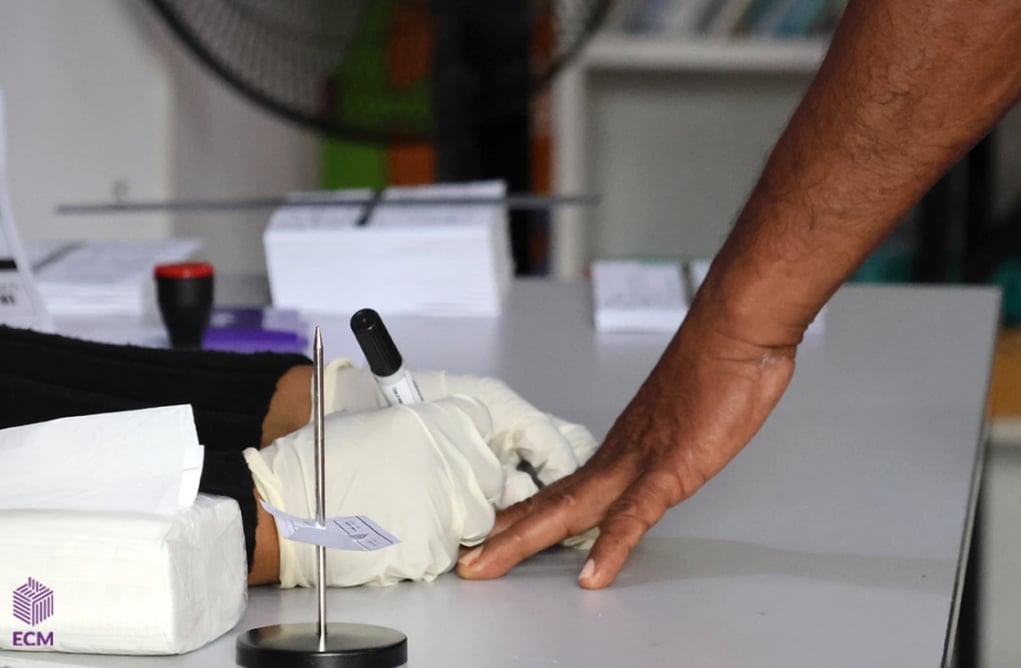Responding to widespread protests, Bangladesh's Supreme Court has scaled back the controversial job quota system for government positions following a week of violent clashes that claimed over 100 lives and left thousands injured.
Led by university students, the protests erupted over the quota system which reserved 30 percent of government jobs for descendants of veterans from Bangladesh's 1971 liberation war. The demonstrations gained momentum after the High Court reinstated the quotas last month, triggering widespread discontent among the youth.
In a landmark ruling, the Supreme Court reduced the veteran quota to just 5 percent, with 93 percent of government jobs now allocated based on merit. An additional 2 percent will be reserved for ethnic minorities and individuals with disabilities. Attorney General AM Amin Uddin indicated that future adjustments to these ratios could be made as necessary, with plans to publish an official gazette to formalize the changes.
The decision comes amid stringent security measures imposed by the government, including a curfew and communication blackout aimed at restoring order. Home Minister Asaduzzaman Khan emphasized that these measures would remain in place until stability is assured.
In response to the protests, the military, riot police, and Border Guard personnel have been deployed across Dhaka and other key cities to enforce the curfew and prevent further violence. Inamul Haq Sagar, police spokesman, acknowledged casualties among police ranks during clashes with protesters.
The court's decision marks a significant policy shift, yet the reaction from student protesters, who have been at the forefront of the unrest, remains uncertain. The issue of job quotas has deeply resonated with Bangladesh's youth, particularly amid high unemployment rates among those aged 15 to 29.
As Bangladesh navigates the aftermath of the protests, authorities are committed to maintaining stability and preventing further escalation of tensions.
Led by university students, the protests erupted over the quota system which reserved 30 percent of government jobs for descendants of veterans from Bangladesh's 1971 liberation war. The demonstrations gained momentum after the High Court reinstated the quotas last month, triggering widespread discontent among the youth.
In a landmark ruling, the Supreme Court reduced the veteran quota to just 5 percent, with 93 percent of government jobs now allocated based on merit. An additional 2 percent will be reserved for ethnic minorities and individuals with disabilities. Attorney General AM Amin Uddin indicated that future adjustments to these ratios could be made as necessary, with plans to publish an official gazette to formalize the changes.
The decision comes amid stringent security measures imposed by the government, including a curfew and communication blackout aimed at restoring order. Home Minister Asaduzzaman Khan emphasized that these measures would remain in place until stability is assured.
In response to the protests, the military, riot police, and Border Guard personnel have been deployed across Dhaka and other key cities to enforce the curfew and prevent further violence. Inamul Haq Sagar, police spokesman, acknowledged casualties among police ranks during clashes with protesters.
The court's decision marks a significant policy shift, yet the reaction from student protesters, who have been at the forefront of the unrest, remains uncertain. The issue of job quotas has deeply resonated with Bangladesh's youth, particularly amid high unemployment rates among those aged 15 to 29.
As Bangladesh navigates the aftermath of the protests, authorities are committed to maintaining stability and preventing further escalation of tensions.


















